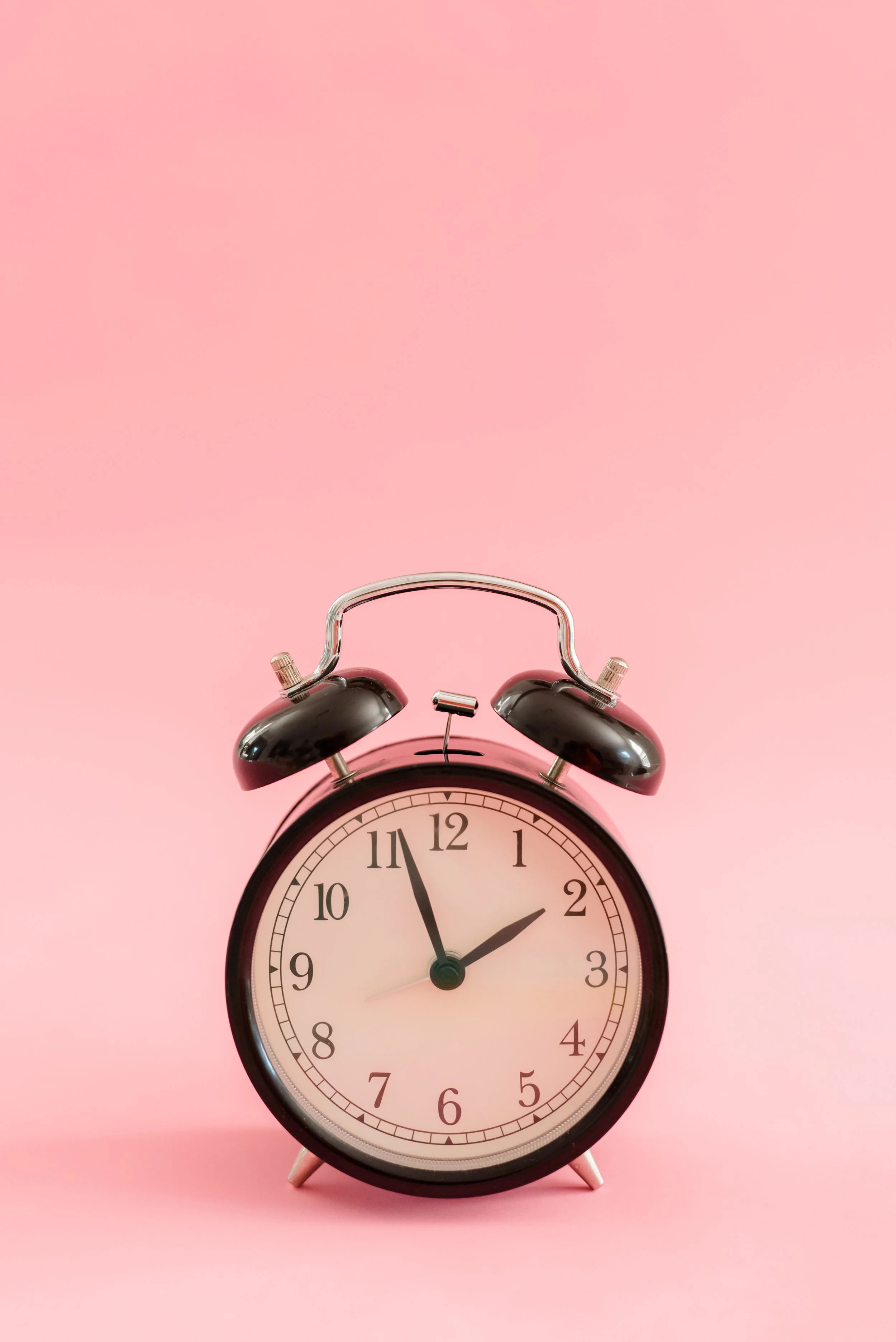When it comes to helping your baby get a good night's sleep, there's one thing that makes a difference: early bedtimes.
This isn't just a personal preference of mine, but there's actually a scientific reasoning behind it. It's crucial for us to align with our natural biological rhythms rather than working against them.
Our bodies follow a sleep-wake cycle, known as the circadian rhythm, which is regulated by our biological clock and the light-dark cues. Certain times of the day are more conducive to rest and sleep. For example, early afternoon and the period between 6:00 pm and 7:30 pm are considered "magic waves" ideal for napping or bedtime.
During these specific times, our bodies experience a surge in melatonin (the sleep hormone) and a decrease in cortisol (the stress hormone), making us naturally tired. This is like riding a sleep wave, ensuring better sleep quality and restoration.
While these timings can be adjusted for adults due to varying light exposure patterns, babies rely on their developing biological clocks, which align with sunrise and sunset. Furthermore, babies require significantly more sleep, typically around 12-13 hours depending on their age. This is why bedtime between 6:00 pm and 7:30 pm is so vital. If there are sleep issues, establishing an early bedtime can often be a solution or greatly improve the situation.
Early bedtimes are needed not only for their bodies but for their brain.
Deep sleep only happens in the beginning of the night (before 1am) and is correlated to changes in the structure and organization of the brain, we allow the brain to restore and rejuvenate while secreting important hormones and clearing by-products of brain activity during the day.
“An early bedtime benefits a child’s physical health, as well as mood and mental health, because it allows time for restorative sleep, which is important for the repair and recovery of the brain and the body,” said Reut Gruber, researcher at McGill University in Canada and director of the Attention, Behavior and Sleep Lab at the Douglas Mental Health University Institute.
We will actually lose these benefits of sleep if we opt for a later bedtime as they are not “made up” later at night, just merely lost.
Some parents may find it challenging to implement an early bedtime due to work schedules and wanting to spend quality time with their baby. It's completely understandable. However, it's crucial to recognize that quality sleep is just as important for the baby's health and development as spending time together. Just like you wouldn't deny your baby a meal, sleep is a basic need too. Quality time may also suffer due to an overtired and grumpy baby, leading to restless nights for all.
So, parents, don't stress if an early bedtime isn't always feasible. Aim for implementing it 80% of the time, knowing that occasional deviations are okay. Well-rested babies bounce back easily from these changes.
One common concern is that an earlier bedtime might lead to early wake-ups. However, this isn't true. In fact, sleep begets sleep. Unless you're putting your baby to bed before 5:00 pm, a 7:00 pm bedtime will not affect wake-up time (ideally around 7:00 am). Most babies need a sufficient amount of night sleep, and early wakings are often a result of overtiredness, which can be alleviated by an earlier bedtime.
Remember, when it comes to improving your baby's sleep, do what works best for your family. It’s not only about an EARLY bedtimes but more about an age appropriate bedtime that allows for the hours of sleep your child needs.
The American Academy of Sleep Medicine released updated sleep guidelines for children recommending that:
Babies 4 months to 12 months should get 14 to 16 hours
Children 1 to 2 years old should get 11 to 14 hours
Children 3 to 5 years old should get 10 to 13 hours
Children 6 to 12 years old should get nine to 12 hours
Teenagers 13 to 18 years old should get eight to 10 hours
If your little one is not getting their daily requirement of sleep, then it could be time to start making some changes.
Book a free call here and let’s assess and get you some next steps!



















